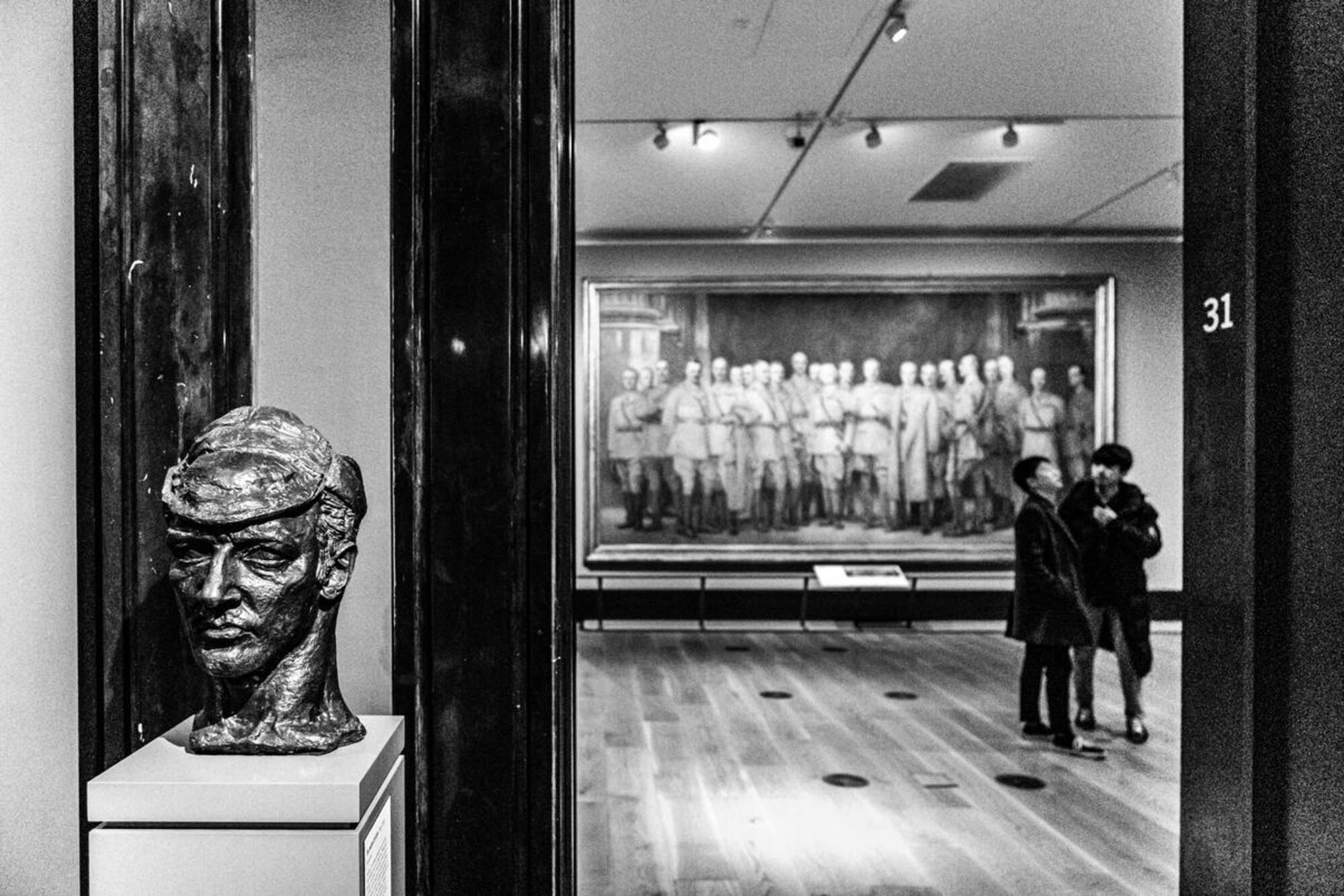The Brand Education and TONG collaborate and talk about the importance of brand and reputation - from a Chinese student perspective.

Chinese citizens have long made up the largest cohort of international students residing in the UK. One in four of the 538,615 overseas nationals studying in the UK in 2019-20 originated in China, a total of close to 140,000. With India (53,000) and the US (20,000) trailing far behind in second and third place respectively, this begs the question: have institutional infrastructures adapted and evolved to cater for their biggest international customers?
The increased scale and complexity of ‘student-as-consumer’ discourse is well established. Rising global student mobility and the digitisation of course content as well as increasingly savvy marketing practices are creating an ever more competitive higher education sector made up of universities as brands that transcend geographical borders. However, previous research papers have concluded ‘although many UK universities communicate their brand well enough to key stakeholders, they fail to consistently do this across all audiences’.
Building successful higher education brands requires a focus not only on function and service, but also on emotional and social factors. Contextualising this as a customer experience challenges service providers to think like consumer brands and thus the capability to assess for brand advocacy against core value drivers. For Chinese students, this may include a look beyond rankings alone to consider aspects such as convenience, curation and connection when studying and living in the UK. Understanding the specific needs of Chinese students is of particular importance as Asian higher education institutions become more competitive in their offering and parents re-evaluate the need to send their children overseas.
“Reputation is definitely important and can be assessed through school ranking and current students’ reviews.”Yifei Xui
Institutional ranking will always be a key factor when it comes to selecting a study destination.
Whilst agencies play a notorious role in the recruitment process, their role in decision making is mostly advisory. Initial research is usually conducted by students who lean towards universities performing highly in terms of employability, namely the G5 which include Oxford, Cambridge, LSE, UCL and Imperial College. With these spots’ finite, the UK is not short of substitutes and offers a strong selection of world-class arts and creative institutions. With increased information online to compare universities and university experiences, decision makers in higher education are encouraged to reflect their own strengths and storytelling across their proposition.
Exploring a wider view outside of rankings and getting quality education, Chinese students are becoming more attuned to the realities of learning and living as an experience, and sharing with others across social media, online forums, and real-life networks. The rising importance of factors such as community, culture, accommodation, food, facilities on-site and off-site are frequent talking topics, though opinions and preferences are individual.
“They wanted to separate Chinese students into different groups in the first two projects to help us get out of our comfort zone. However, I don’t think our school has done enough to help Asian students transit into this new environment. While we have quite a high percentage of Chinese students, I struggled quite a lot in the first year of my Bachelors and support was absent”, recalls Yu Fan, 25 year old BSc and MSc Urban Planning student shares. In contrast, Shiyu Li, 27-year-old MSc and PhD Aerospace student would rather spend time the year travelling, exploring cities and socialising. ‘We are less concerned about school-organised social events and more concerned about our personal development’, highlighting some differences in desires between even undergraduate and postgraduate students.
Convenience, curation, and connection are three recurring themes that crop up in conversation with Chinese students – whether it’s in regard to finding the library, meeting new (non-Chinese) friends or discovering new societies. As a diverse group of people, the university experience remains very individual, however, creating challenges for institutions. By approaching this customer group as a consumer brand willing to improve cultural fluency, empathy, and coherency in communications, there exists a commitment to assisting students to achieve their desired outcomes.
The UK will remain a top choice for Chinese students to study abroad, with 42% selecting the UK as their destination of choice above the US in a 2020 Survey by New Oriental Education. Combined with broadening interests outside of STEM subjects, there is a rising demand for students to gain skills and talent in the creative arts such as design, animation, game design, advertising, and photography, creating new opportunities for universities across brand building, brand management and capability in creating enriching experiences for Chinese students today looking for more.

Join The Brand Education and TONG on Tuesday, 26 October at 11AM in our virtual roundtable with guests discussing ‘Institutions as Consumer Brands: A China-Focused Approach’. During this session we’ll be discussing this topic in depth, along with the importance of building a global university brand and exploring new frontiers of digital.
Speakers:
- Zeenat Fayaz, CEO | The Brand Education
- Adam Knight, Cofounder | TONG
- Guest Speaker, TBC



